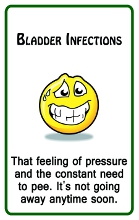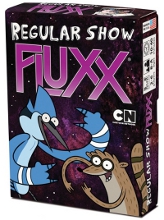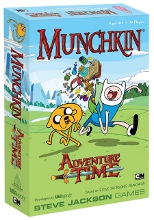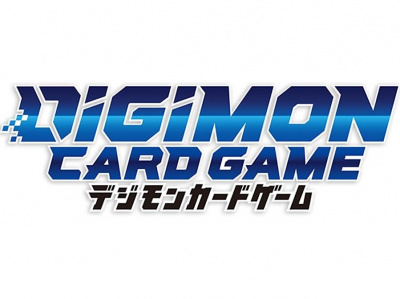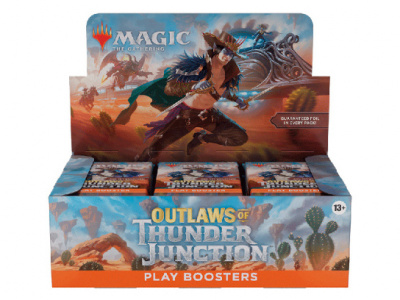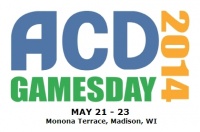 Rolling for Initiative is a weekly column by Scott Thorne, PhD, owner of Castle Perilous Games & Books in Carbondale, Illinois and instructor in marketing at Southeast Missouri State University. This week, Thorne notes two trends he saw at ACD Games Day, and what they mean.
Rolling for Initiative is a weekly column by Scott Thorne, PhD, owner of Castle Perilous Games & Books in Carbondale, Illinois and instructor in marketing at Southeast Missouri State University. This week, Thorne notes two trends he saw at ACD Games Day, and what they mean.Returned from the ACD Games Day yesterday after a couple of very late nights, some interesting and useful conversations and a couple of long drives (but a good chunk of Route 66 bisects Illinois so I am not complaining). ACD did a great job as did the seminar presenters. However, what really struck me were a couple of trends I spotted in the exhibit hall.
Cards Against Humanity clones.
We've already seen a few of these. Crabs Adjust Humidity from Vampire Squid and Personally Incorrect from Lion Rampant come to mind offhand and I spotted several more either in development or already launched, such as Heebie Jeebies from Zipwhaa. The ones I saw all use the basic Apples to Apples mechanic of having players choose cards and a judge deciding which one is the "best" in anywhere from mildly to highly offensive combinations of cards.
This indicates the approaching crest of the popularity of Cards Against Humanity. As I tell the students in my Principles of Marketing and Product and Pricing Strategy classes, every new product goes through the Product Life Cycle of Introduction, Growth, Maturity and Decline. During the Introductory and Growth stages, the new product sees heavy demand (assuming the launch is successful) and double or even triple digit sales increases, much like we have seen with Cards Against Humanity for the past couple of years.
A key marker of when a product moves from the Growth stage to the Maturity stage is the appearance of knockoffs and "me too" products. By this point in the original product's lifecycle, other manufacturers have noticed its success, decide there is additional unfulfilled demand for it and come up with their own products to fill the perceived gap in the market. Unfortunately, this also means demand for the product has probably topped off and, while growth will continue, it will no long see the outsized increases of the past. Ergo, while we will still see respectable Cards Against Humanity sales, stores won't see near the levels that they did in the past.
Licenses, especially Cartoon Network ones but also Munchkin.
The purchase of licenses for board and card games has been quite common in the mass market but not as much so in the specialty game market, save for trading card games and ones closely related to our market, such as Star Trek, Buffy the Vampire Slayer and Star Wars, rather than the board and card game categories. At both the GAMA Trade show and the ACD Open House, several different publishers showed off games utilizing licenses from Cartoon Network properties such as Adventure Time, Bravest Warriors and Regular Show including Looney Labs (Regular Show) and Catalyst Game Lab (Bravest Warriors).
The licensing trend has expanded to publishers licensing the rights to other games, specifically Munchkin and Bang, and producing their own variants. Both Fireside Games and AEG licensed the rights to Munchkin, with AEG producing Loot Letter, a Munchkin-themed variant of their hugely popular Love Letter, and Fireside Game entering the Munchkin market with Munchkin Panic, skinning Munchkin on top of their Castle Panic game.
Meanwhile, USAopoly, well known for their licensed variants of Scrabble, Monopoly and Yahtzee, announced the rights to an Adventure Time version of Munchkin and a Walking Dead version of Bang from Mayfair Games. What this means is that over the past 10+ years (almost 15) Munchkin itself has developed into such a strong brand that other companies are willing to pay Steve Jackson Games for the rights to use it, figuring that customers will see the Munchkin name and, if fans of the original Munchkin, at least look at their version of it.
It will prove interesting to see if this trend continues and other game lines prove strong enough that publishers will want to license them.
The opinions expressed in this column are solely those of the writer, and do not necessarily reflect the views of the editorial staff of ICv2.com.



